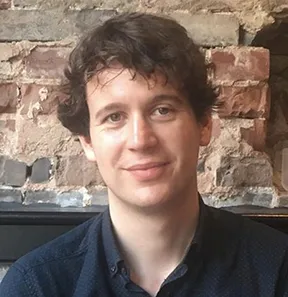
Speaker: Harrie Oosterhuis, Radboud University
Talk Title: Recent advances in unbiased learning to rank from position-biased click feedback
Date: Friday. October 8, 2021 - 1:30 - 2:30 PM EDT (North American Eastern Daylight Saving Time) via Zoom
Zoom Access: Zoom Link and reach out to Alex Taubman for the passcode.
Abstract:
Search and recommendation systems are vital for the accessibility of content on the internet. Search engines allow users to search through large online collections with little effort. Recommendation systems help users discover content that they may not know they find interesting. The basis for these systems are ranking models that turn collections of items into rankings: small ordered lists of items to be displayed to users. Modern ranking models are mostly optimized based on user interactions. Generally, learning from user behavior leads to systems that receive more user engagement than those optimized based on expert judgements. However, user interactions are biased indicators of user preference: often whether something is interacted has less to do with preference and more with where and how it was presented.
In response to this bias problem, recent years have seen the introduction and development of the counterfactual Learning to Rank (LTR) field. This field covers methods that learn from historical user interactions, i.e. click logs, and aim to optimize ranking models w.r.t. the actual user preferences. In order to achieve this goal, counterfactual LTR methods have to correct for the biases that affect clicks.
In this talk I will present some of my recent publications in this field and how they impact the existing understanding of the online and counterfactual families of LTR methods.
Bio:
Harrie Oosterhuis is an assistant professor at the Data Science Group of the Institute of Computing and Information Sciences (iCIS) of the Radboud University. His research lies on the intersection of machine learning and information retrieval, it primarily concerns learning from user interactions on rankings. In particular, it focuses on methods that correct for the effects of interaction biases.
He received his PhD cum laude from the University of Amsterdam under supervision of prof. dr. Maarten de Rijke on the thesis titled "Learning from User Interactions with Rankings: A Unification of the Field". He is also a recipient of the 2021 Google Research Scholar Award for early career researchers and the WSDM'21 and SIGIR'21 best paper awards.
